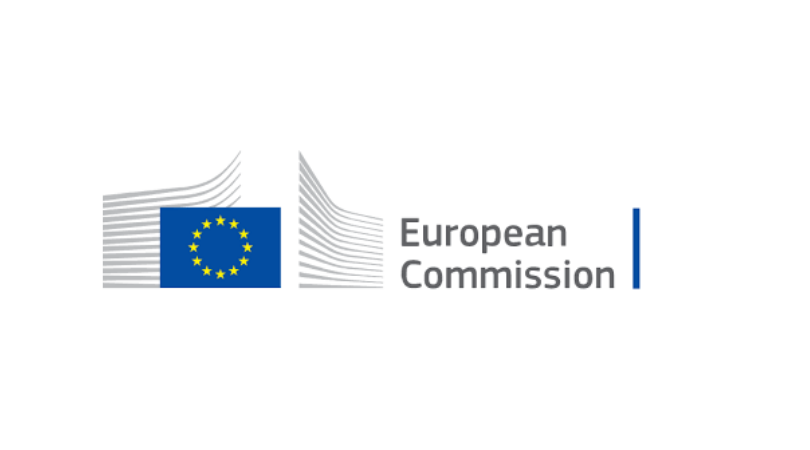The European Union’s bid to increase the global competitiveness of the bloc’s capital markets has taken a leap forward following a ban on payment for order flow (PFOF), however, the regulator must get tougher on retrocessions if it wants to fully protect retail investors.
On 29 June, the European Council announced a provisional agreement with the European Parliament to ban PFOF, a practice where brokers receive payments for forwarding investor orders to trading platforms such as market makers.
The agreement came as part of the trialogue between the European Commission, Council and Parliament which included the establishment of a consolidated tape that includes real time pre-trade data.
The agreement stated a ban of PFOF must be implemented by 30 June 2026 at the latest.
“Today’s compromise introduces also a possibility to member states where the practice of PFOF already existed to allow investment firms under its jurisdiction to be exempt from the ban provided that PFOF is only provided to clients in that member state,” the European Council said in a statement.
“However, this practice must be phased out by 30 June 2026.”
A ban on PFOF has long been called for by the market. Under the promotion of zero trading fees, brokers are able to attract retail investors to their products despite the kickbacks they receive from market makers.
Under the ban, brokers will no longer be able to receive those kickbacks for directing investors’ trades towards a particular market maker.
In particular, Euronext said the EU’s ban was an important step forward for the Capital Markets Union.
“Euronext notably welcomes the full ban on PFOF which ensures retail investors get protection by preventing conflicts of interest,” the exchange said in a statement.
However, the EU has yet to implement a full ban on inducements, the practice where advisers receive a commission from a third party for investing in their product.
While the European Commission argued a full ban on kickbacks would ensure retail investors would receive ‘value-for-money’ last year, the regulator has rowed back on its initial position in recent months.
During a speech in April, Mairead McGuiness, European Commissioner for financial services, financial stability and the Capital Markets Union said the European Commission will only look to ban retrocession fees for “execution-only” transactions “where there is no advice relationship at all with a client”.
The full PFOF ban is a positive step but European regulators must ensure it is not the only success story in its attempts to become the leading capital market across the globe.




